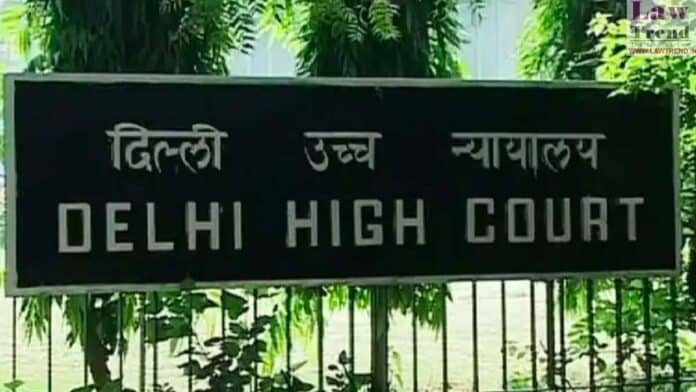In a significant legal development, the Delhi High Court has issued a stay on the proceedings against Pawan Kant Munjal, the Chairman of Hero Motocorp, concerning charges of foreign currency violations levied by the Directorate of Revenue Intelligence (DRI). This interim order, dated November 3, underscores a crucial pause in the legal challenges facing Munjal.
The court’s decision came after it was brought to light that the Customs, Excise, and Service Tax Appellate Tribunal (CESTAT) had previously exonerated Munjal on similar charges—a fact that was not presented during the initial trial. The high court, presided over by Justice Saurabh Banerjee, pointed out significant procedural lapses, including the absence of stated reasons in the summoning order by the additional chief metropolitan magistrate on July 1, 2023.
Justice Banerjee emphasized the need for thorough reconsideration of the case, citing the compelling arguments by Munjal’s senior counsel, Mukul Rohatgi. Rohatgi argued that the summoning was mechanically issued without proper judicial scrutiny and failed to consider the pivotal CESTAT judgment from March 28, 2022, which cleared Munjal of the same allegations.
The high court’s scrutiny revealed that the complaint filed by the DRI was essentially a reiteration of a previous show-cause notice from July 2019, with no new evidence presented. The court criticized the non-disclosure of the CESTAT’s exoneration order during the earlier proceedings, a point contested by the DRI’s counsel who claimed unawareness due to their non-involvement in the CESTAT proceedings.
Also Read
Further complicating Munjal’s legal landscape is an ongoing investigation by the Enforcement Directorate (ED) under the Prevention of Money Laundering Act (PMLA), linked to the DRI’s charges. The ED alleges that Salt Experience and Management Pvt Ltd (SEMPL), associated with Munjal, engaged in illicit foreign currency transactions amounting to approximately Rs 54 crore used for Munjal’s personal expenses. These transactions reportedly exceeded the legal limits set for foreign exchanges in the name of company officials and employees, some of whom had not traveled abroad as claimed.




